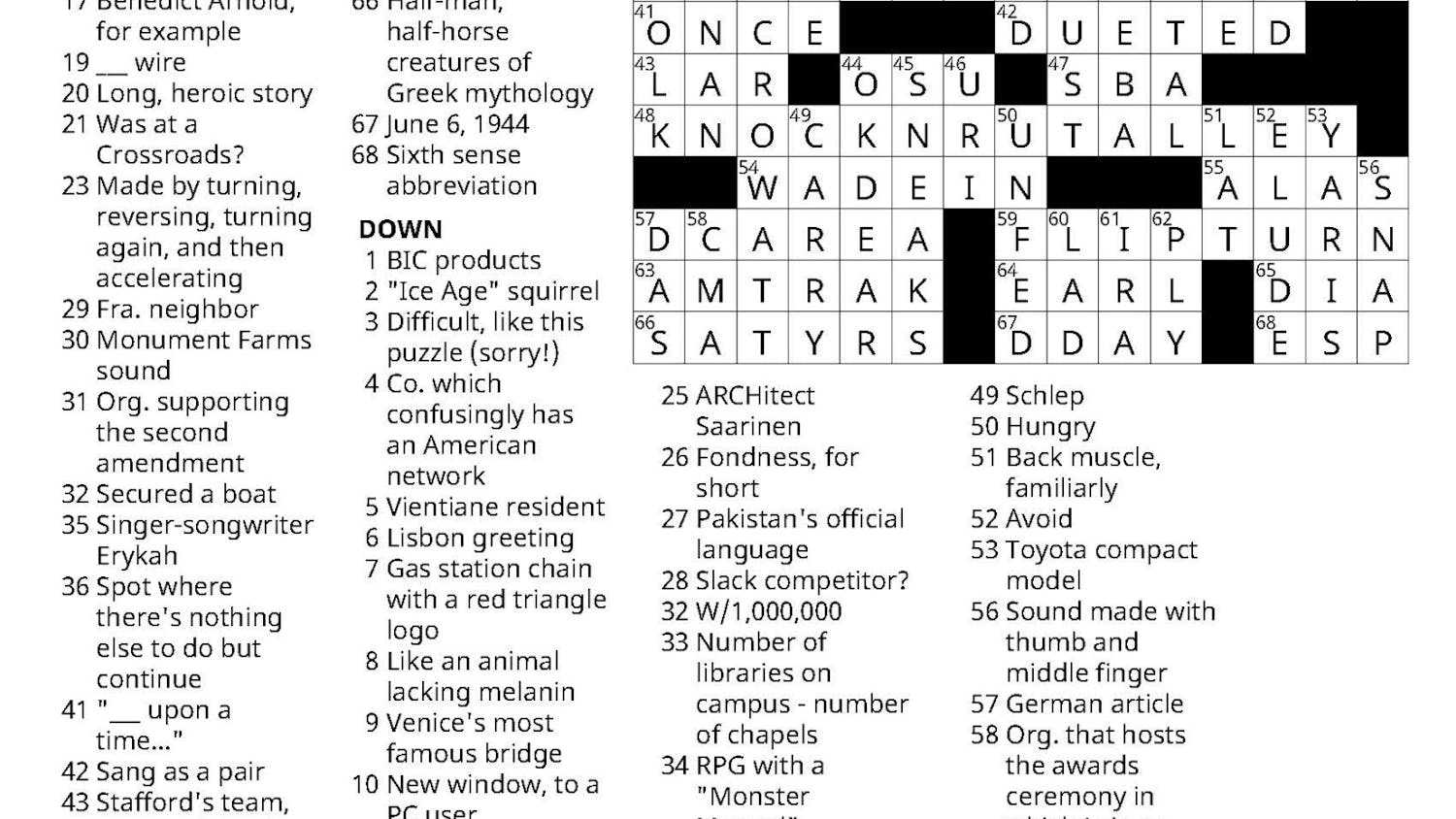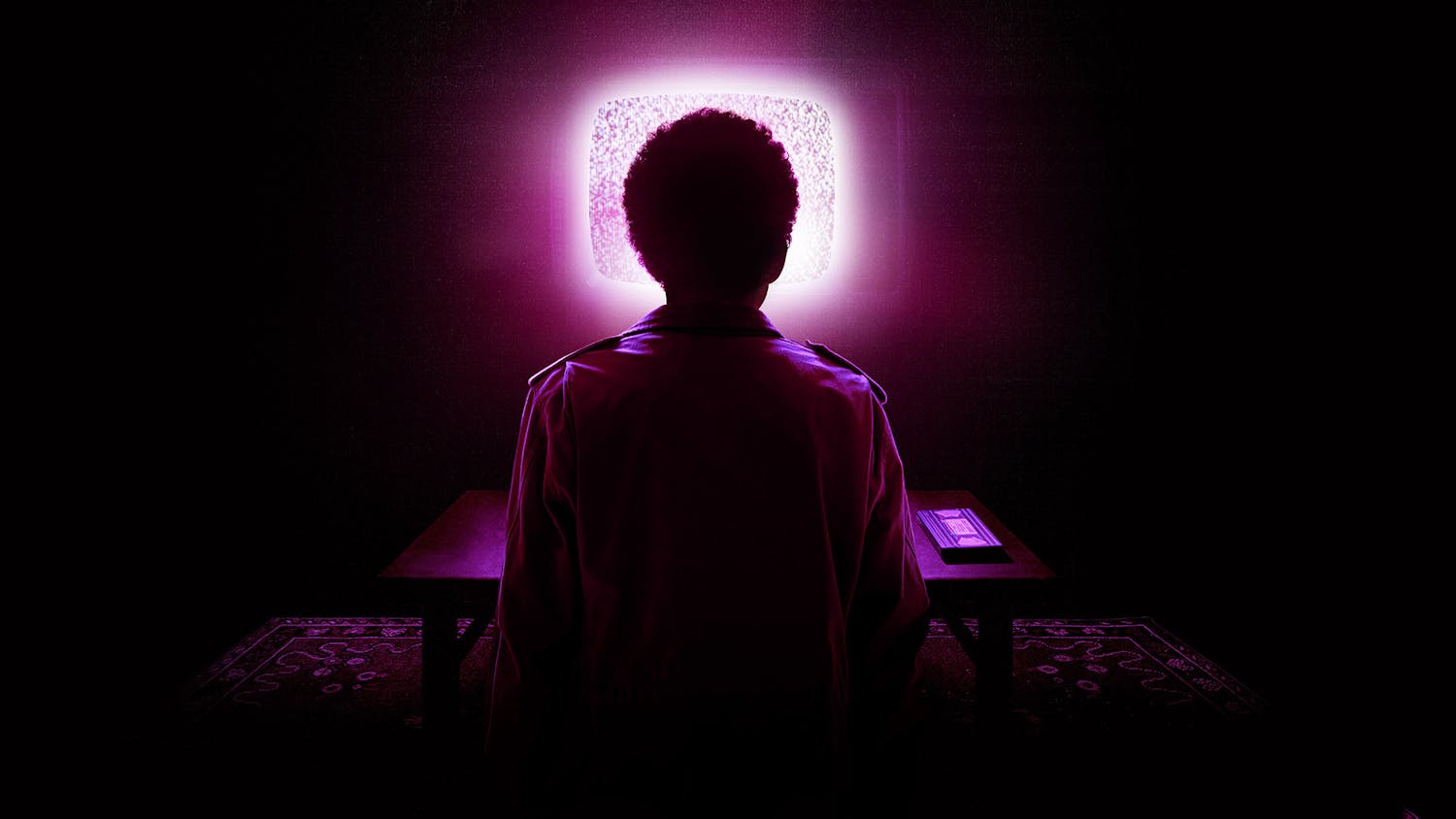Identity is a broad, even baffling theme. It is intensely personal. It can be painful. It was thoroughly picked apart, laughed over and celebrated at an Oct. 21 event at 51 Main. MOQA -— the Middlebury Open Queer Alliance — organized the event, which featured Verbal Onslaught’s spoken word poetry and Middlebury Moth’s storytelling in an exploration of identity and its intersection with what MOQA co-president Tony Huynh ’13 calls “the queer narrative.”
The evening was a part of MOQA’s (So) Over the Rainbow Week – a reimagining of National Coming Out Week designed to create greater relevance for a wider group of people by focusing on the overarching theme of identity in all its various forms: gay, lesbian, queer, what-have-you, in addition to Christian, Muslim, artistic, athletic, Latino and any other label with which we are daily classified. The result was a notable dearth of hastily constructed rectangular doorframes and a large array of events that brought together a cross section of community.
It is easy to call the collaboration a success; 51 Main quickly filled to capacity, and students continued to be turned away at the door until the finish.

“I know lots of different people from many different circles, but I’d never seen them all in the same room together before,” Catarina Campbell ’11 said. “I feel very lucky.”
Campbell co-hosted, along with John Allen ’11, Fifelo Aganga ’13, Chris de la Cruz ’13 and Anna Gallagher ’12. MOQA co-presidents Elizabeth King ’13, Joey Radu ’13 and Huynh led organization of the event, along with Coordinator of Diversity Initiatives Jennifer Herrera. Campbell attributes the event’s appeal to the unusual collaboration between Verbal Onslaught and Middlebury Moth.
“We were thinking of making the event only Verbal Onslaught, which made some people uncomfortable because that group has a strictly urban, performance reputation,” she said. “It’s very grounded in urban culture, and it’s been adapted, but storytelling is still a lot less marked socio-culturally. The fusion of Moth’s storytelling made people more comfortable sharing their own stories.”
Moth co-founder Will Bellaimey ’11 was also interested in how the two groups played off each other.
“[Verbal Onslaught] is different from Moth, where people have more time to craft their stories,” Bellaimey said. “At this event someone would come up to the mic and you wouldn’t know what they were going to say. Someone would say something then someone would come up because they were reminded of another story.”
Coming out featured in many pieces — one notable story detailed awkward encounters at a queer summit — but the theme of identity resurfaced. One girl spoke about a hand surgery that left her with four fingers instead of five, and another told about a thoroughly unforgettable bus ride to Chicago.
Campbell believes the event created a unique place to share, even revel, in the many identities we are constantly juggling.
“In a classroom setting we can be theoretically fine with different cultures and identities, but it is one thing to discuss something in sociology and another to see a gay couple hooking up at a party,” she said.
This event was neither classroom nor party. It found a middle ground in an increasingly rare phenomenon — a forum for honest exchange.
Open Mic explores stories of coming out, identity
Comments



